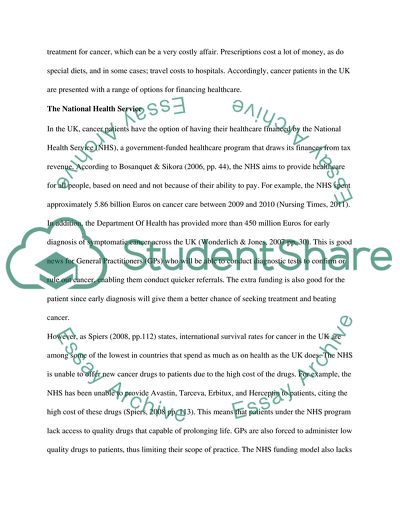Cite this document
(“Financing Healthcare for Adults with Cancer in the UK Essay”, n.d.)
Retrieved from https://studentshare.org/health-sciences-medicine/1612205-see-my-order-instructions-pleas
Retrieved from https://studentshare.org/health-sciences-medicine/1612205-see-my-order-instructions-pleas
(Financing Healthcare for Adults With Cancer in the UK Essay)
https://studentshare.org/health-sciences-medicine/1612205-see-my-order-instructions-pleas.
https://studentshare.org/health-sciences-medicine/1612205-see-my-order-instructions-pleas.
“Financing Healthcare for Adults With Cancer in the UK Essay”, n.d. https://studentshare.org/health-sciences-medicine/1612205-see-my-order-instructions-pleas.


